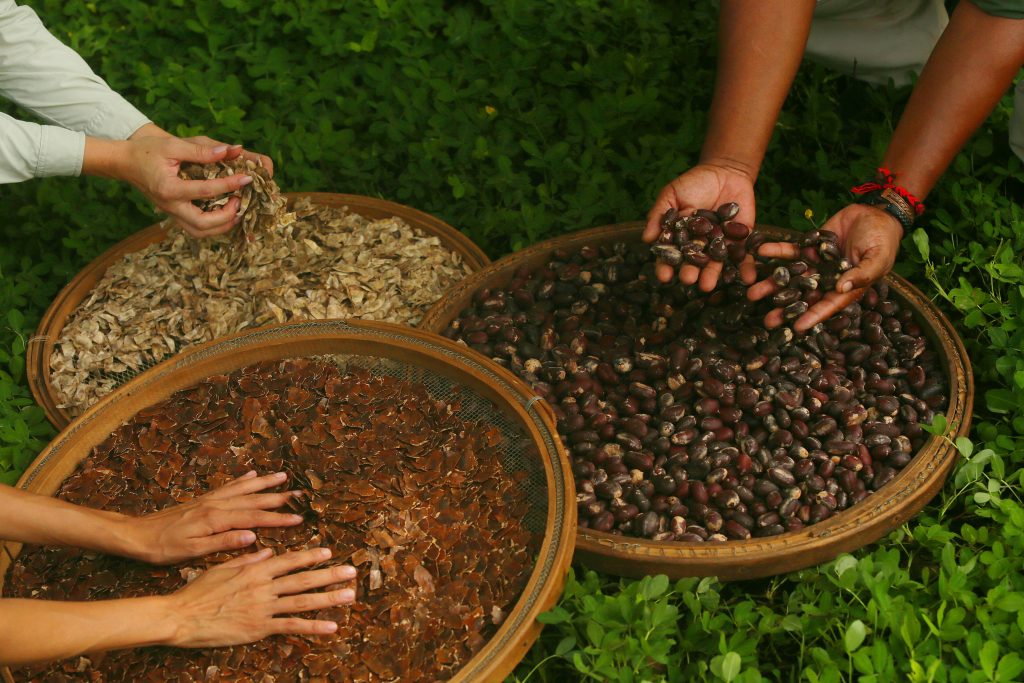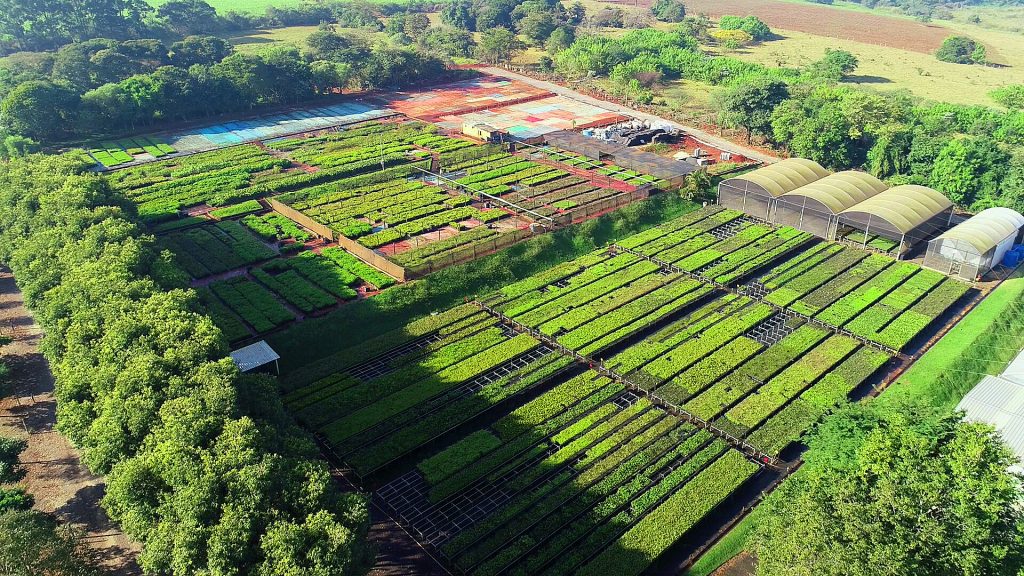
re.green + Microsoft: a landmark agreement.
January 22, 2025
Check out a summary of the agreement in the infographic at the bottom of the page.
Doubling down the impact: Less than a year after the start of our first collaboration, we are immensely proud to announce the expansion of our commitment with Microsoft to restore areas in the Amazon and Atlantic Forests. Adding 17,500 hectares to the 15,500 from the first agreement, we will restore a total of 33,000 hectares as part of Microsoft’s carbon removal initiatives—an area equivalent to three times the size of the city of Paris.
This marks the second agreement signed by the two companies to restore parts of the Amazon and Atlantic Forests – two of the most biodiverse biomes on the planet. Microsoft has committed to purchase nearly 3.5 million metric tonnes of CO2 as part of this second agreement.
“Signing this second offtake agreement with Microsoft reflects our shared commitment to high-integrity nature-based solutions, with tangible results to date. Restoring these biomes, home to the planet’s richest biodiversity, represents one of the greatest opportunities for large-scale decarbonization. We are thrilled to conclude another agreement with Microsoft, enhancing our impact and reaching new areas.”
Thiago Picolo, CEO of re.green
Our collaboration has already delivered results. To date, re.green has planted over 4.4 million seedlings spanning 80 native species and 11,000 hectares of degraded or abandoned pasturelands as part of the first carbon removal offtake agreement signed with Microsoft in May 2024. The expanded commitment further highlights Brazil’s role as a global leader in restoration-centered nature-based solutions.

“Microsoft is pleased to expand its collaboration with re.green to continue advancing native-species-led restoration in Brazil. Meeting our 2030 carbon negative target will require tapping into a diverse array of carbon removal pathways, and we are keen to support those nature-based solutions which go beyond sequestering CO2 to simultaneously improve social and ecological outcomes.”
Brian Marrs, Senior Director of Carbon Removal and Energy at Microsoft.
While it represents a significant step in combating climate change and restoring vital ecosystems, the project offers benefits that extend beyond climate action. By focusing on ecological restoration, it reestablishes the diversity, structure, and function of natural forest ecosystems. This accelerates atmospheric carbon removals; increases habitat for endemic, rare, and threatened species; and fosters local development. These benefits are fundamental to a just transition, securing ecosystem services that support forest livelihoods and productive activities important to Brazil’s economy.
The collaboration now focuses its efforts in three regions:
- In the Amazon Forest, the project targets the eastern edge of the biome, straddling western Maranhão and eastern Pará. This is an important locus within the arc of deforestation.
- In the Atlantic Forest, efforts are concentrated in Southern Bahia, at the heart of the central biodiversity corridor of the Atlantic Forest. The region is a hotspot of biodiversity known for its high tree diversity.
- Also in the Atlantic Forest, restoration will be implemented in Vale do Paraíba, including parts of Rio de Janeiro and Minas Gerais. This encompasses the southeast biodiversity corridor of the Atlantic Forest, connecting large mountain systems that act as water towers and protect the habitats of many threatened species.

One key outcome is to increase structural and functional connectivity at the landscape level, ensuring the vital flow of species, genetic diversity, and essential ecological processes like seed dispersal and pollination. This ecological restoration will strengthen existing conservation efforts.
The project will also drive sustainable development by establishing social benefits for local communities. Over 230 individuals have been directly employed in restoration efforts, participating in training programs focused on seed collection, meliponiculture (native bee honey production), and wildfire prevention. re.green has partnered with 29 local nurseries to meet the demand for native seedlings, boosting the local economy. At one site, the Entre Rios farm in Maracaçumé, around 300 açaí and bacaba harvesters engage in sustainable extraction, enhancing food security for nearby communities and providing supplemental income for families.
“This second agreement with Microsoft signals a maturing ecological restoration sector and underscores re.green’s commitment to its founding mission: to advance science-led large-scale tropical forest restoration benefiting climate, biodiversity, and local communities.”
Marcelo Medeiros, Chairman and Co-Founder of re.green
See a summary of this historic initiative in the infographic below:






